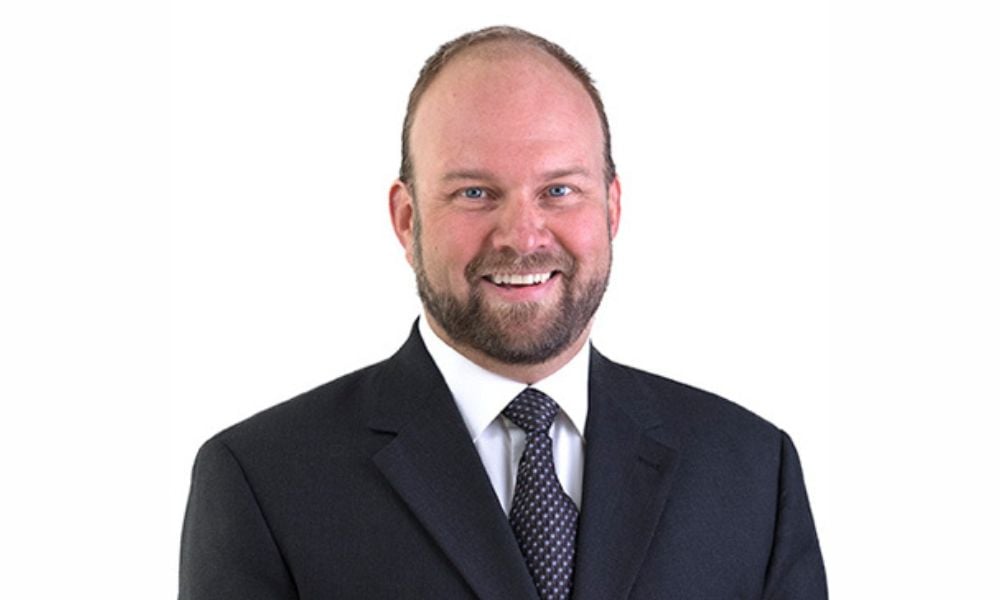Get their approval of your initial plan, then stick to your long-term game, says PM

When it comes to equities, advisors should stick with their long-term investment strategies and not let client or market pressure cause them to deviate, says one portfolio manager.
“If your investors are going to own equities, it’s a long-term game and you’ve got to play your own game,” Felix Narhi, chief investment officer and portfolio manager for PenderFund Capital Management told Wealth Professional.
“Have a process and don’t deviate or get highly influenced by other people because the last thing you want to do is participate in a game that you know nothing about.”
Narhi said, even in this volatile market, advisors should develop their plan, explain it to their clients – along with the fact that there could be turbulence along the way – then stick to the plan, regardless of current conditions, whether it’s the pandemic or war in Ukraine.
“If your companies have a great balance sheet, and don’t have products that are shipping to Russia or those impacted areas, if it’s a small cap company in Canada, there might be a hiccup and the prices might be impacted. But, it’s really important where this company’s going to be in five years, not what it’s going to miss in the next quarter,” he said. “If you’re a true businessperson, you know that, eventually, business value in stock prices converge. That’s always been true.”
Narhi said he encourages advisors to do that because, given the daily news and impact of social media, not everyone does – and, it’s tempting for both the client and advisor to deviate.
“The people who just sat there and didn’t do anything did quite well,” he said, “but those who do something usually do that at the wrong time because they’re either greedy or really scared, and they can’t take the pain anymore. So, often, doing something is the wrong strategy. But, if you have a decent plan with a good strategy before these things happen and understand things will happen, then not doing something is often the sensible strategy.”
While investor risk tolerance differs, he said the time to change the plan is if they can’t sleep.
“Any money that you need in five years or less should not be plugged into equity funds. The further you go out beyond five years, the more you can ignore the ups and downs,” said Narhi. “But, if you need that money in six months or a year, you don’t want somebody to be nervous in a stock market crash, even though the business might be fine, and sometimes that happens. Look at March 2020.”
Narhi also recommended that advisors and money managers watch the “market mood” and “lean away from the crowd”, and not confuse real risk with volatility since most companies will survive if they have a decent balance sheet with lots of net cash flow, and can change their cost structure to ensure their resiliency in tough periods.
“You don’t want to get greedy when everyone else is getting greedy because that usually means you’re paying a high price,” he said. “And you don’t want to sell when everyone else is selling because that means you’re blowing this out for way less than what the assets are worth.”
Narhi noted that securities are usually attractive when the sentiment indicators are fearful as those coincide with low valuation, which is setting up the starting phase of the next cycle. He recommended watching the small cap companies, which see quicker movements, since the mega caps grow more quickly, so have more room for mispricing.
He also recommended watching the renewable-based companies, which are more attractive to grow and build, since some markets have “reached economic parity with the fossil fuel equivalent already, if not better. So, the renewables are on trend and getting better. They’re becoming better businesses over time”.



